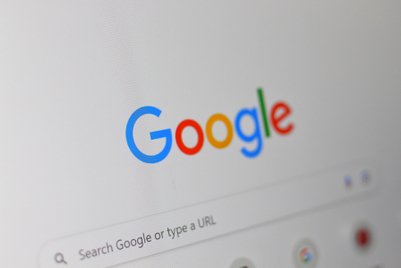
‘There are certainly ways to offer relevant and targeted ads via Buzz,' said a Google spokesman. ‘Currently, ads appear next to Buzz posts in the Gmail inbox, but there aren't any ads on the Buzz tab itself. For now, we're focused on building a great consumer experience. We'll work on more monetisation opportunities later.'
However, media buyers claim that Google is already seeking brands to run ads on Buzz to test their effectiveness.
Buzz lets users share videos, photos and status updates, and is the latest attempt by Google to grab some of the success enjoyed by social media sites.
While Google's Orkut social network is popular in Brazil, and India, its social networks have so far failed to resonate in the UK or the US.
Google hopes to change this by basing its latest venture on Gmail, which has 176 million users worldwide.
Jim Clark, senior technology analyst at Mintel, said that brands should take Buzz seriously rather than view it as just another potentially irrelevant ad platform.
"Google has a track record of innovation,' he said. ‘If it manages to tie in its other services, Buzz can become massive as one central area where Google can push all its apps."
But Molly Flatt, WOM evangelist at word-of-mouth marketing agency 1000Heads, argued that Google could miss out on Buzz becoming mass-market by preventing links to outside sources from being published within it.
"The likes of Twitter actively send us into new spaces via outlinks, helping us collide with truly unexpected discoveries, not the inevitably irrelevant automated "recommendations" Buzz offers," she said. "By posting up the videos and posts linked to in the same window, Buzz prevents users from investigating the original source."
Clark added that while brands should not abandon other effective platforms, they should investigate Buzz sooner rather than later.
"As long as Facebook has the traffic levels it currently enjoys, brands should focus on that,' he said. ‘But Buzz is an emerging social network and brands should get in early."


+(900+x+600+px)+(3).png&h=334&w=500&q=100&v=20250320&c=1)
+(900+x+600+px).jpg&h=334&w=500&q=100&v=20250320&c=1)
.jpg&h=334&w=500&q=100&v=20250320&c=1)


.jpg&h=334&w=500&q=100&v=20250320&c=1)
+(900+x+600+px).png&h=334&w=500&q=100&v=20250320&c=1)


+(900+x+600+px)+(1).png&h=334&w=500&q=100&v=20250320&c=1)



+(5).jpg&h=268&w=401&q=100&v=20250320&c=1)
+(900+x+600+px)+(2).jpg&h=268&w=401&q=100&v=20250320&c=1)
+(900+x+600+px)+(3).jpg&h=268&w=401&q=100&v=20250320&c=1)

+(900+x+600+px).png&h=268&w=401&q=100&v=20250320&c=1)